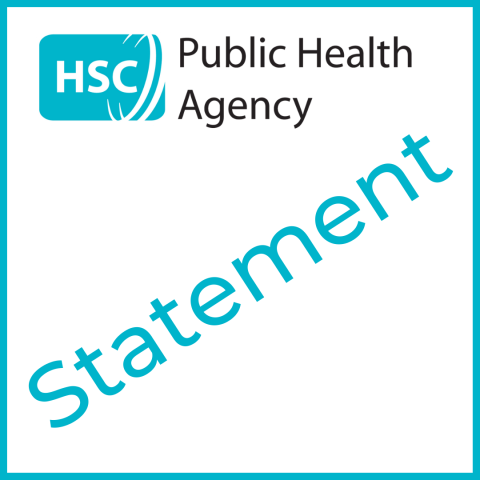Statement on measles

The Public Health Agency (PHA) has been made aware of a confirmed case of measles in a resident of the Republic of Ireland who travelled on a flight from Abu Dhabi to Dublin, which arrived on Saturday 9 March 2024.
Following a risk assessment with public health colleagues in the Health Service Executive (HSE), the PHA is asking any residents of Northern Ireland who were on Etihad Airways flight EY045 from Abu Dhabi to Dublin, which arrived in Dublin on Saturday 9 March 2024, to be aware of the signs and symptoms of measles and for those who are at greatest risk of severe illness from measles to please contact the PHA on (028) 9536 8300 as they may be eligible to access appropriate treatments. These treatments will work best if given within the next few days.
Those who are at greatest risk are those who were on Etihad Airways flight EY045 and are:
- children under 12 months old;
- pregnant women;
- people who are immunocompromised.
Helpline number and opening hours
If you are in one of the at-risk groups listed above and were on the flight, call (028) 9536 8300
Phone lines are open:
- Wednesday 13 March: 9am-8pm
- Thursday 14 March: 9am-8pm
It is anticipated that the number of Northern Ireland residents who were on the flight and are in these at-risk groups may be small. However, with a growing number of measles cases across the globe, it is important that all those on the flight and the general public stay alert to the signs and symptoms to help stop the spread of the measles.
The initial symptoms of measles can include:
- a high temperature (fever);
- a runny or blocked nose;
- sneezing;
- a cough;
- sore, red eyes that may be sensitive to light;
- a few days later, a red-brown blotchy rash will appear. This may start on the head or upper neck, before spreading outwards to the rest of the body.
Most childhood rashes are not measles but you should consult your GP without delay if:
- you suspect it is measles;
- symptoms worsen;
- temperature increases to above 38°C;
- temperature stays high after other symptoms have gone.
As measles is very infectious it is important that anyone with suspected measles avoids situations where they can spread the disease, such as nursery or childcare, school, work, a GP waiting room or an emergency department. People should phone in advance and get advice rather than turning up to a healthcare setting.
The PHA is currently rolling out a mass vaccination drive in collaboration with health trusts and GP surgeries for all those aged between 12 months and 25 years who missed getting one or both of their MMR (mumps, measles and rubella) vaccines first time round.
The PHA is urging children and young adults who have not received both doses of the MMR vaccine to do so as soon as possible, to reduce their risk of catching and spreading measles.
For the information issued by the HSE please visit www.hse.ie
For information on the MMR vaccination catch-up programme, see www.nidirect.gov.uk/mmr-catch-up
For further information on measles see www.nidirect.gov.uk/conditions/measles
The PHA continues to work closely with colleagues in HSE.
The latest data on cases of measles in Northern Ireland can be found at www.pha.site/MeaslesData
